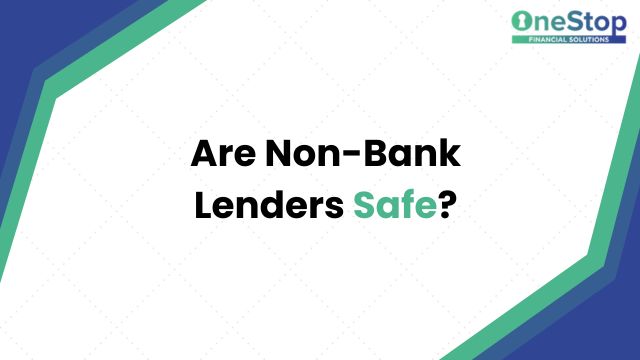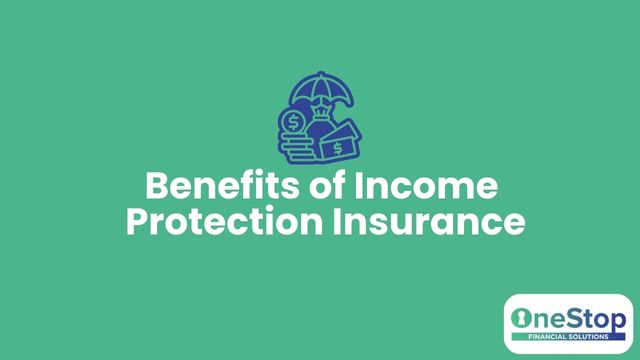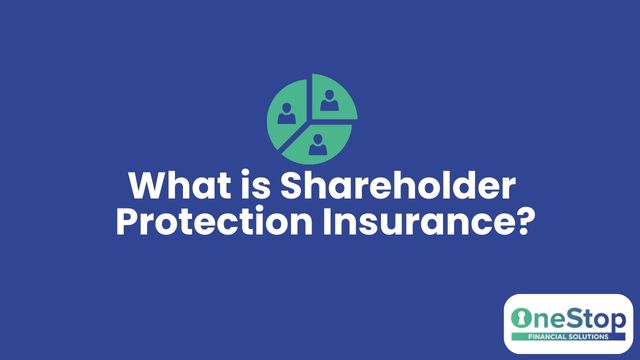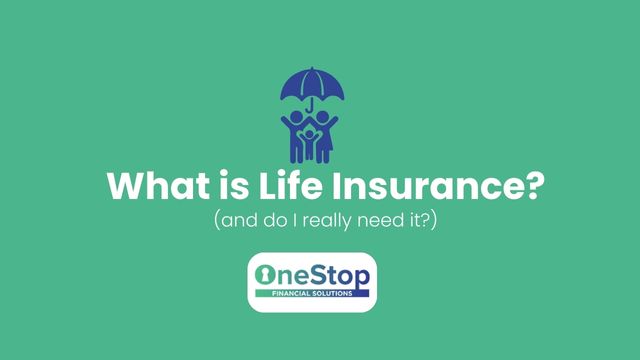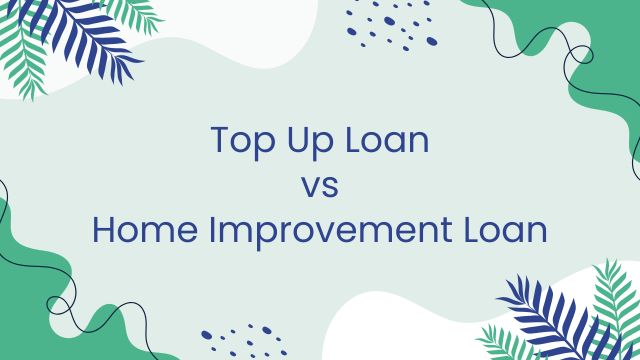Kiwis are resourceful, but when a traditional bank turns down a loan or imposes rigid criteria, even the most diligent borrower can feel stuck. Non-bank lenders promise faster approvals, flexible credit assessment requirements, and loan options that suit first-home buyers, small business owners, and individuals with less-than-perfect credit histories. Yet safety remains the biggest concern: are non-bank lenders safe for your money, your property, and your peace of mind?
Table of Contents
How Non-Bank Lenders Are Regulated in NZ
Unlike traditional banks, non-bank financial institutions still operate under a regulatory umbrella:
- Reserve Bank of New Zealand (RBNZ)
Many non-bank deposit takers are required to be registered with the Reserve Bank of New Zealand. They must comply with capital adequacy, liquidity, and credit risk rules similar to those of traditional bank loan providers. You can find the register on the RBNZ website here. - Financial Markets Authority (FMA)
Lenders offering consumer credit products must hold a New Zealand Financial Services Licence, meet fair dealing standards, and provide comprehensive disclosure. Learn more on the FMA website here. - Credit Contracts and Consumer Finance Act (CCCFA)
The CCCFA obliges every lender, bank or otherwise, to assess affordability, explain interest rate, fees, and loan-to-value ratios clearly, and treat vulnerable customers responsibly. - Dispute Resolution Schemes
All licensed lenders must belong to an approved scheme (e.g., Financial Services Complaints Ltd.), providing borrowers with a free pathway to resolve disputes. The FMA offers further information on disputes and consumer protection.
Non-bank lenders are regulated, but in a different manner. When evaluating safety, check the lender’s licence number, RBNZ registration, and their dispute-resolution process. It’s also important to note that some credit unions and building societies fall into this category.
For this article, when we refer to non-bank lenders, we mean companies that offer finance only without other banking products (for example, savings accounts). Take a look at our list of non-bank lenders in NZ here.
What Types of Loans Do Non-Bank Lenders Offer?
| Type of Loan | Typical Borrower | Why Choose a Non-Bank Lender? |
| Home loan / Mortgage | First-home buyers, self-employed, investors | Looser income verification, flexible deposit sizes, faster turnaround |
| Business loan / Small-business cash-flow facility | Sole traders, SMEs | Limited trading history OK, tailored repayments linked to seasonal income |
| Personal loans / Debt consolidation | Consumers with high-interest credit card balances or unsecured debt | Fixed or floating interest rate options, lower interest than a credit card |
| Second-tier mortgages | Borrowers between prime and sub-prime | Transitional funding until they meet bank criteria |
Example: Pepper Money, a well-known international brand now operating in NZ, specialises in near-prime mortgage lending for borrowers rejected by a traditional bank.
Comparing Interest Rates, Fees, and Overall Cost
Non-bank lenders often charge higher interest rates or upfront fees compared to traditional banks. But that headline figure doesn’t tell the whole story:
- Flexible loan terms often let you repay early without break costs, potentially saving thousands compared with a fixed bank mortgage.
- Lower application hurdles (e.g., accepting 10 percent deposit or alternative proof of income) can get you on the property ladder sooner, letting capital gains work in your favour.
- Risk-based pricing means strong borrowers with minor credit blemishes can still access competitive interest rates, sometimes matching a mainstream bank loan.
Tips from our NZ Mortgage Brokers:
Run every scenario through a mortgage calculator that includes establishment fees, ongoing service charges, and an estimate of margin movements for a floating rate. Ask the lender whether your loan-to-value ratio affects pricing and how quickly they’ll reassess once equity improves.
Who Chooses Non-Bank Loans and Why
First Home Buyers with Low Deposits
Banks require strict 80 percent LVR caps for owner-occupiers and allocate limited lending above that threshold. A non-bank lender may be willing to lend up to 90 percent if you demonstrate solid employment and repayment capacity.
Borrowers with Poor Credit History
Earlier defaults, discharged bankruptcies, or short self-employment periods can trigger a bank decline. Non-bank lenders weigh your recent conduct, cash flow, and security more heavily than historical scores.
Small Businesses and Self Employed
Fluctuating income makes the bank’s tick-box approach challenging. Non-bank lenders accept accountant-prepared projections, bank statements, or even GST returns in lieu of two-year financials.
Property Investors Diversifying Their Home Loan Portfolio
Tighter Reserve Bank rules restrict how much low-equity investor lending banks can write. Non-bank lenders fill the gap, offering loan options such as interest-only terms, bridging finance, or construction funds without the bureaucracy.
Risk Factors to Consider
- Higher interest and fees can erode savings, especially on longer loan terms.
- A loan term shorter than a 30-year traditional bank loan may result in compressed repayments.
- Non-bank lenders occasionally rely on wholesale funding or securitisation; market disruptions could suddenly tighten lending criteria.
- Early-repayment, discharge, or valuation fees vary widely; always read the fine print.
- Some second-tier lenders hold a licence but lack a household name; brand trust can impact borrower confidence.
How to Protect Yourself When Borrowing Outside a Bank
- Use a mortgage broker. We only work with reputable, registered second-tier lenders.
- Compare offers between banks and alternative lenders to gauge market interest rates and fees.
- Check the lender’s dispute-resolution membership so you know where to escalate issues.
- Stress-test repayments at a 3 percent higher rate using an online calculator.
- Ask about hardship policies. COVID-19 has shown that flexibility is necessary when unexpected shocks affect income.
Common Questions About Non-Bank Lenders
Do non-bank lenders charge predatory rates?
Most licensed NZ lenders price loans based on credit risk and security offered. While rates and fees may exceed those of the big-banks, they aren’t payday-loan levels. The CCCFA caps interest on consumer debt and bans unreasonable charges.
Will choosing a non-bank hurt my credit score?
A single loan application results in a credit inquiry, like any other lender. Submitting too many applications in quick succession can raise flags, so work with a broker to target the right loan provider the first time.
Can I refinance to a bank later?
Many borrowers view a non-bank mortgage as a stepping stone and refinance to another lender at a later stage. Make payments on time, improve your loan-to-value ratio, and discuss with our brokers when you might be ready to lodge a home loan application with a more mainstream bank, if that is your goal.
What if my lender fails?
Under NZ law, receivers are appointed to manage assets. Well-structured loan contracts remain enforceable, and borrowers continue making payments, usually into a new account controlled by the receiver or another financial institution that acquires the loan book.
Practical Steps Before You Sign
- Gather documents: proof of income, IRD statements, bank transactions, property valuations, and a clear budget.
- Calculate affordability: use realistic living expenses, not bank benchmarks alone.
- Review the loan agreement to identify clauses related to break costs, default interest, and fee escalation.
- Consider an exit plan: set reminders to refinance when your equity hits 80 percent or your credit history improves.
- Seek independent advice: an investment in legal or financial counsel can save you from costly missteps later.
The Bottom Line: Are Non-Bank Lenders Safe?
When properly licensed, capitalised, and transparent, non-bank lenders are safe options for many New Zealand borrowers, particularly those whose circumstances sit outside strict traditional bank moulds. They offer flexible funding, innovative loan structures, and faster approvals, all while operating under the watchful eyes of the Reserve Bank of New Zealand, FMA, and consumer laws.
Safety, however, is never automatic. Risk resides in choosing the wrong product, misunderstanding fees, or failing to consider how a floating interest rate might rise. Treat non-bank borrowing as you would any major financial product: compare, question, and seek advice from our team here at OneStop Financial Solutions. Do that, and a non-bank lender can be the bridge between your goals and the financing that makes them possible, without compromising security or peace of mind.

